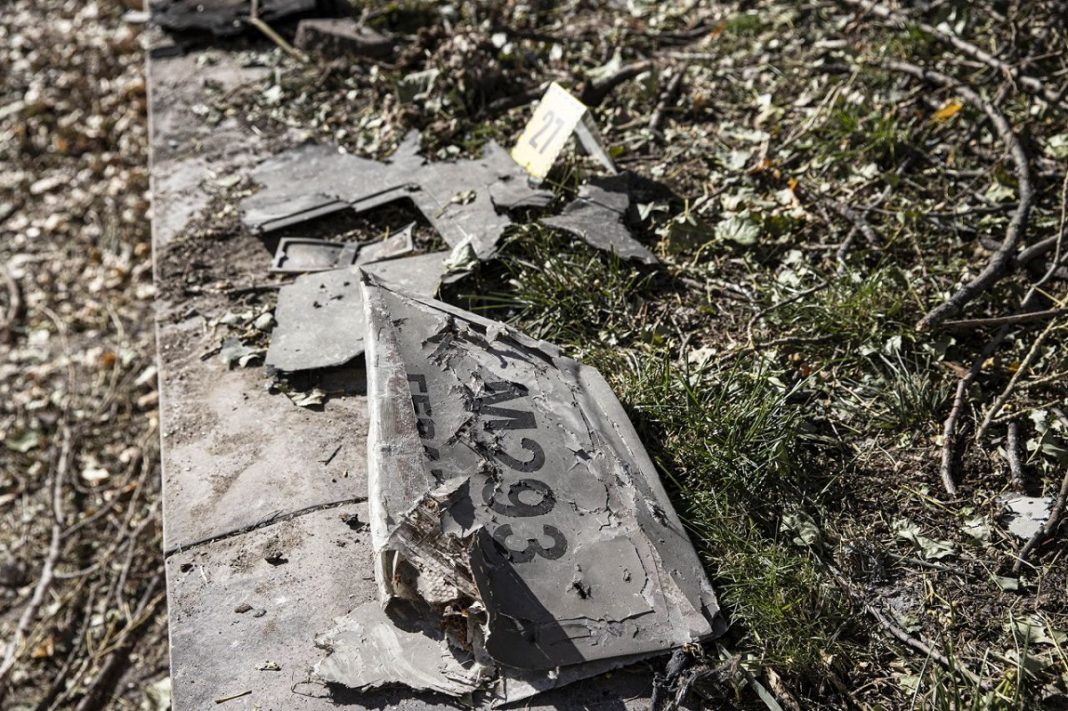The US has led a sweeping international campaign intended to deprive Russia of being able to access advanced western technologies since the Kremlin began its war in February, and has for years maintained a large-scale sanctions campaign against Iran that is intended, in part, to do the same for Tehran.
But the efforts appear to have been short on results. Analyses of downed drones used by Russia in Ukraine found in November that the majority of parts in the unmanned aircraft originated in the US, Europe or other western-allied nations.
Ukrainian intelligence services determined that three-quarters of the parts in Iranian drones were made in the US, the Wall Street Journal reported last month, citing anonymous sources familiar with the matter and documents it reviewed.
The findings, as well as those from other researchers who examined the Iranian drones, prompted the administration to launch its task force, CNN reported.
The probe “intensified” recently after US intelligence services determined that Moscow is planning to open a factory for drone production inside Russia, the report added.
National Security Council spokesman John Kirby has claimed that Russia and Iran are transforming their military relationship into “into a full-fledged defense partnership.”
“We urge Iran to reverse course, not to take these steps,” he continued.
CNN previously reported that Iran has already begun initial steps toward the development of a drone production facility in Russia, saying Tehran has transferred key elements, including blueprints and components, to Moscow.
The White House and National Security Council did not respond to multiple requests for comment on the reported task force, but CNN described it as a sweeping effort that is drawing on multiple US agencies, including the Pentagon, State, Commerce and Treasury departments.
It is an “all-hands on deck” situation, an anonymous source told CNN.
In addition to identifying how US-made components are ending up in Iran, the task force is seeking to identify ways the US can act to restrict Tehran’s access to western-developed technological components.
Both Tehran and Moscow have repeatedly denied claims that Iran has provided Russia with weapons to be used in the war in Ukraine.
Iranian officials have rejected claims about Tehran’s weapons sales to Russia to be used in the ongoing war against Ukraine, stressing such allegations are aimed at legitimizing the West’s military assistance to Kiev.
Foreign Minister Hossein Amirabdollahian has reiterated Iran’s opposition to the dispatch of weapons to the parties involved in the war which he said would only increase human losses and financial costs for both sides.
He added Tehran would continue its efforts to stop the war and promote lasting peace in Europe.
The Iranian foreign minister last month dismissed media controversy over Iran’s alleged support for Russia in the Ukraine war, adding, however, that Tehran had provided Moscow with a limited number of drones months before the war in Ukraine.
He also assured that Iran will not be indifferent if it is proven that Russia has used Iranian drones in the conflict.
